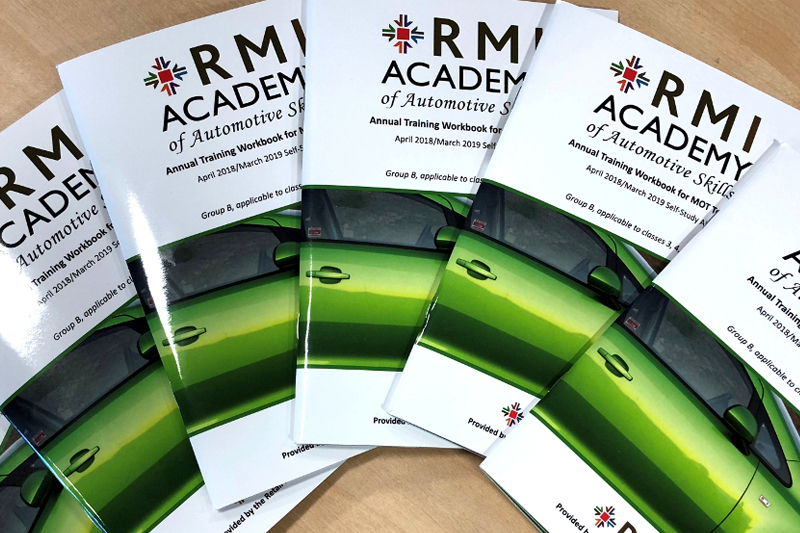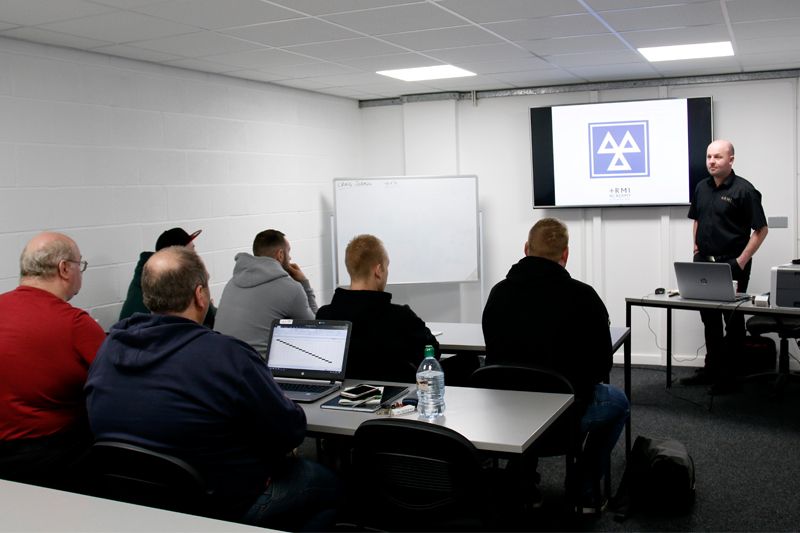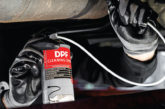Now that we are coming towards the end of the 2018/19 MOT Annual Training period, focus will soon be on the requirements for the new training year that starts this April. The Retail Motor Industry (RMI) provides PMM with an update.
Whilst the DVSA has not yet published the syllabus officially, we have had discussions with the organisation in relation to the subjects and the reasoning for its choices.
The DVSA wishes to revisit several subjects that have been covered in the first three years of the MOT Annual Training to enhance the training previously given, based on where Testers may need to improve. This information has been collated from the assessments conducted by the awarding bodies (ABC, IMI and City & Guilds) during previous years where Testers answered incorrectly. It is also taking into account the results of their own compliance checks (the random re-inspection of recently tested vehicles).

Unfortunately, this is showing that the ‘common’ problem areas, such as headlamp aim, tyre assessments, etc. have not improved, despite them being the subject of prior training. The DVSA also wants to address an ongoing issue that is causing problems for the organisation, other agencies, consumers and ultimately the VTS themselves. Either Testers are not correctly identifying vehicles for test, or the Tester is using information from a source other than the vehicle, such as job cards or previous MOT certificates. The DVSA said it checked a two-month sample in 2018 and identified that in this period, 29,667 tests registered an error, with a single individual Tester managing to mis-register 41 tests by himself within this time period.
The importance of getting this right has been emphasised by the fact that the DVSA has recently changed the disciplinary sanction of the MOT Testing Guide. It has added a specific shortcoming for this, and in certain circumstances, the disciplinary sanction will be 500 points (potentially a five-year cessation).
If a VTS does identify that a test has been finalised, and the incorrect vehicle had been logged and issued with a certificate, it is imperative that they inform the DVSA of this fact. The ultimate sanctions applied could vary depending on whether the error is reported by the VTS, or if the error has been detected by the consumer (either the customer who can’t tax their vehicle because the MOT they had has been issued to another vehicle and they have been driving illegally, or indeed a person unknown to the test station who has just had a test record added to their vehicle). Repeat offenders who have reported these errors and hence only received an advisory warning in the first instance may not be dealt with so leniently on repeat occasions.











